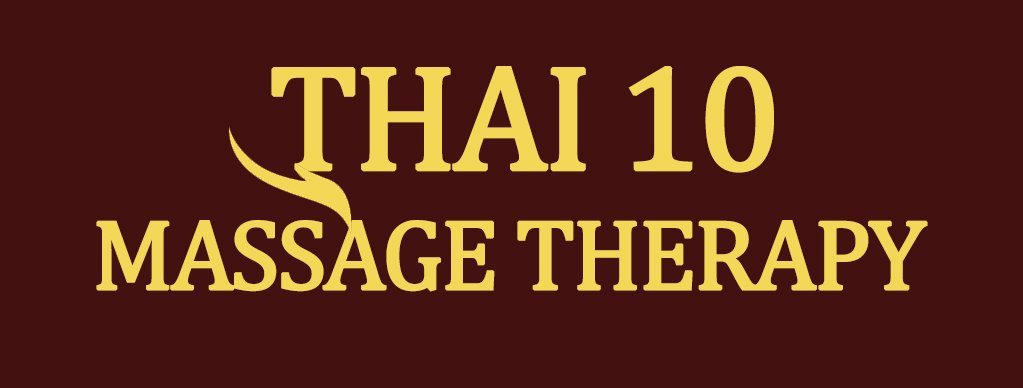Suspendisse volutpat elit nec nisi congue tristique eu at velit urabitur pharetra exnon ullamcorper condimentum.

What are the health benefits of Thai massage?
27/03/2019

Health benefits of Thai massage
Thai massage has many health benefits, from lowering stress to relieving muscular tension. It can even increase energy. Below, we discuss five health benefits of Thai massage.1. Lowers stress
Thai massage involves moving and manipulating the body to relieve physical and emotional tension.
Stress is not necessarily bad. Often, stress can act as a positive motivator that might help push people to perform better and accomplish more in their personal and professional lives.
However, too much stress can negatively affect mental and physical health. Chronic, or long-lasting, stress can lead to serious illnesses, including depression and cardiovascular disease.
Thai massage uses gentle pressure and stretching techniques to relax the body. A 2015 study found that Thai massage significantly reduces levels of a certain stress marker present in the saliva, called sAA.
The researchers concluded that Thai massage is more effective at reducing stress in healthy people than simply resting.
2. Boosts energy
Research has shown that Thai massage can increase people’s physical energy levels. One randomized trial examined the effects of Thai and Swedish massages in people who were experiencing fatigue. The results revealed that Thai massage increased energy and mental stimulation, while Swedish massage was more likely to improve relaxation and sleep. The Thai massage technique is based on the notion of energy lines, or Sen. Most practitioners believe that there are various Sen, or channels, of energy within the body. Sen correspond to different parts of the body, such as the bones, muscles, blood, and nerves. Some Sen also affect the mind and consciousness. These are called subtle channels. The theory suggests that tight muscles cause blockages within different Sen. These blockages reduce the flow of life energy, which results in stiffness, pain, and illness. Thai massage uses different techniques that either open or constrict different Sen to correct the flow of life energy.3. Relieves headaches
Court-type is a specific form of Thai massage that involves applying pressure to specific energy channels. One 2015 study found court-type Thai massage is an effective treatment for people who have chronic tension headaches. They also had lower measures of tissue hardness, which the scientists measured using a handheld device.4. Stimulates circulation
Thai massage can promote the circulation of both blood and lymph through the use of gentle stretches. These yoga-like stretches increase blood circulation, which fills the body’s tissues with oxygen. This helps promote cell growth and heart health. One study examined the benefits of Thai foot massage in people with peripheral neuropathy, a common complication of diabetes. The researchers found that this massage helped improve people’s balance. They believe that this is because it improved blood circulation, which, in turn, stimulates the somatosensory system. This is a system that plays a major role in balance.5. Improves range of motion
Thai massage incorporates yoga-like stretches to reduce stress and improve circulation. The gradual, gentle stretching will enhance the person’s flexibility over time, allowing a greater range of motion. Thai massage may also improve the circulation of the fluid in the joints, or synovial fluid, which reduces friction between the joints. This can improve joint mobility and range of motion.example, category, and, terms
